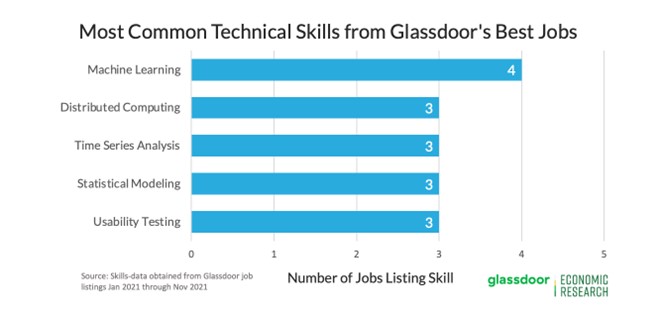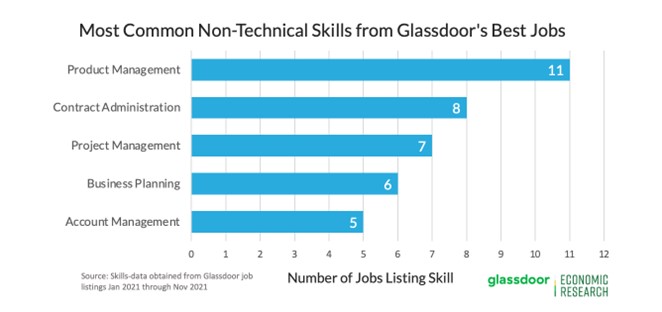Have the skills needed to do your current role or past roles changed?
At Transition Solutions, we have been helping companies and individuals plan for workforce changes and deliver outplacement services for over 30 years. To remain competitive in today’s ever changing world, you need to stay up to date with the most relevant skills needed for your career.
Per the latest LinkedIn Skillset Report, the skills needed to stay competitive in jobs are changing. LinkedIn analyzes their data and with over 186 million workers in the U.S. having LinkedIn profiles, this gives them unique and valuable insight into U.S. workforce trends.
Per LinkedIn, “Jobs are changing, even if you’re not changing jobs. And they are doing so at an increasing rate, accelerated by the pandemic. Upkeeping your skills thus has emerged as a key to staying relevant in your current role, landing a new role, and skills are front and center for all hiring managers searching for the right candidate. In this sense, skills are the new currency of the labor market.
Recent LinkedIn data shows the skill sets for jobs have changed by around 25% since 2015. By 2027, this number is expected to double.”
The LinkedIn data predicts a 50% projected change in skill sets will be needed for jobs by 2027!
Glassdoor shared their list of essential skills to land some of the best jobs. They examined skills used for each of the top 50 Best Jobs for 2022 to identify the most common technical and non-technical essential skills outlined below.
Per Glassdoor, “Technical skills are highly specialized and in high demand, which help employees earn higher salaries. The most common technical skill is machine learning, which is important for jobs like Data Scientist (#3), Machine Learning Engineer (#6) and Software Engineer (#8). Workers with this skill will be able to develop models to identify patterns in big data. Other skills worth picking up include distributed computing and time series analysis.”

Glassdoor also shares the most common non-technical skills, “Non-technical skills are more widely dispersed across jobs and are essential to solving complex problems. The most common non-technical skill is product management, often used in managerial roles such as Product Manager (#10), Business Development Manager (#14) and Marketing Manager (#19). Product management is a business skill dealing with planning and developing new product features and offerings to enhance business growth. Other non-tech skills include contract administration and project management.”

As we can see in the above data, the future of work is forever changing. It continues to be essential to maintain the knowledge and skills necessary to remain effective at current and future roles through continual upskilling.
At Transition Solutions, we have been helping companies and individuals with workforce changes for thirty years. Our strong reputation for consistently delivering exceptional service at value sets us apart.
If you would like more information on our services please check out our website at https://www.transitionsolutions.com/ or you can contact us directly at 888-424-0003 or email us at info@transitionsolutions.com.
Be sure to follow our LinkedIn company page where we share advice for companies and individuals going through workforce changes at: https://www.linkedin.com/company/transition-solutions/!

